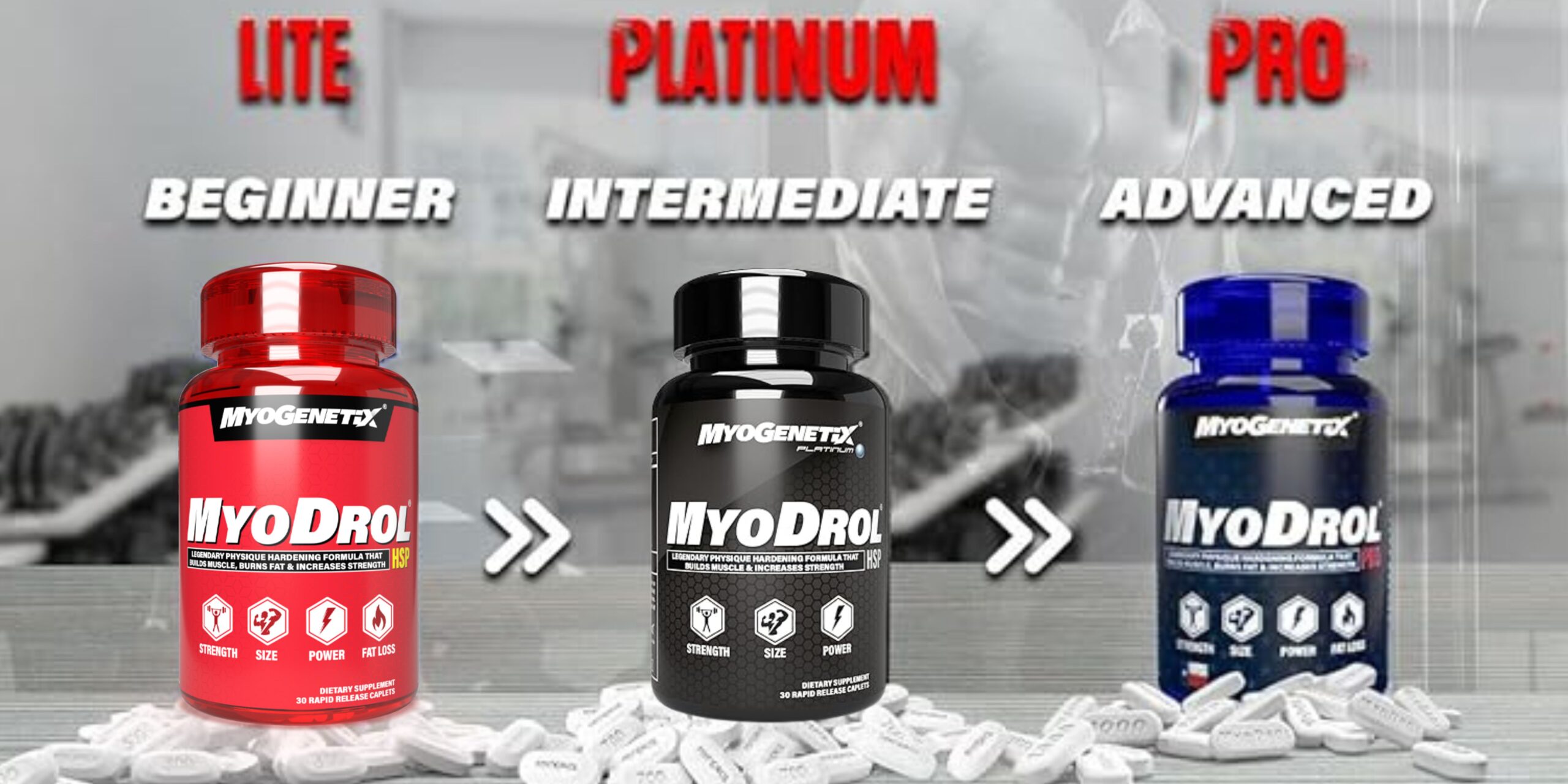health
Taking Creatine Supplement Good Or Bad For Health: Comprehensive Guide by Proteinkart
Creatine, a naturally occurring compound found in small amounts in certain foods and produced by the body, has become one of the most researched and widely used supplements in the fitness world. However, a question that often lingers is whether taking creatine is beneficial or detrimental to health. In this comprehensive exploration, we will delve into the scientific evidence and considerations surrounding the use of creatine supplement, shedding light on the potential advantages and any associated concerns.
Understanding Creatine:
Creatine is a compound made up of three amino acids – arginine, glycine, and methionine. It plays a crucial role in the production of adenosine triphosphate (ATP), the primary energy currency of cells. While the body naturally produces creatine, it is also obtained through dietary sources like meat and fish.
The Benefits of Creatine:
- Enhanced Athletic Performance:
- Creatine is renowned for its ability to improve high-intensity, short-duration activities, such as weightlifting and sprinting. By replenishing ATP stores, creatine aids in providing quick bursts of energy, allowing for increased work output during intense workouts.
- Increased Muscle Mass:
- Creatine has demonstrated efficacy in promoting muscle growth by stimulating the water content within muscle cells and facilitating greater protein synthesis. This leads to an increase in muscle volume, often noticed as a boost in overall muscle mass.
- Improved Cognitive Function:
- Emerging research suggests that creatine may have cognitive benefits. It has shown potential in enhancing memory, attention, and overall cognitive performance, making it a subject of interest in neurological studies.
Considerations and Concerns:
- Hydration and Water Retention:
- One common side effect associated with creatine supplementation is water retention. While this can contribute to initial weight gain, it is generally intracellular water within the muscles. Staying adequately hydrated can help mitigate this effect.
- Gastrointestinal Distress:
- Some individuals may experience mild gastrointestinal issues, such as bloating or stomach cramps, when initiating creatine supplementation. Starting with a lower dose and gradually increasing it can help minimize these effects.
- Kidney Health:
- The relationship between creatine supplementation and kidney health has been extensively studied. Current evidence suggests that creatine is safe for individuals with healthy kidneys. However, those with pre-existing kidney conditions should consult a healthcare professional before using creatine.
- Individual Variability:
- Responses to creatine can vary among individuals. While many people experience significant benefits, some may not respond as prominently. Factors such as genetics, diet, and baseline creatine levels contribute to this variability.
Is Creatine Safe in the Long Term?
Research spanning several decades has consistently indicated that creatine supplementation, when used within recommended dosages, is safe for the majority of individuals. Numerous studies have failed to demonstrate any significant adverse effects on kidney function or other vital organs.
Practical Tips for Creatine Use:
- Dosage: Start with a loading phase of around 20 grams per day for 5-7 days, followed by a maintenance dose of 3-5 grams per day.
- Hydration: Ensure adequate fluid intake to counteract potential water retention.
- Timing: Take creatine around your workouts for optimal absorption.
- Quality Matters: Choose reputable brands and pure creatine monohydrate for quality assurance.
Conclusion:
In conclusion, the current body of evidence suggests that, for the majority of individuals, taking creatine is not only safe but can offer a range of performance and health benefits. When sourced from reputable brands and used within recommended guidelines, creatine stands as a valuable supplement for those seeking improvements in strength, muscle mass, and cognitive function.
Proteinkart, as a trusted provider of sports nutrition, offers a variety of creatine supplement to cater to individual preferences. Always consult with a healthcare professional before starting any new supplementation regimen, especially if you have pre-existing health conditions. Ultimately, the decision to incorporate creatine into your routine should align with your fitness goals, and a well-informed approach ensures that you can harness its benefits effectively while prioritizing your overall health.





